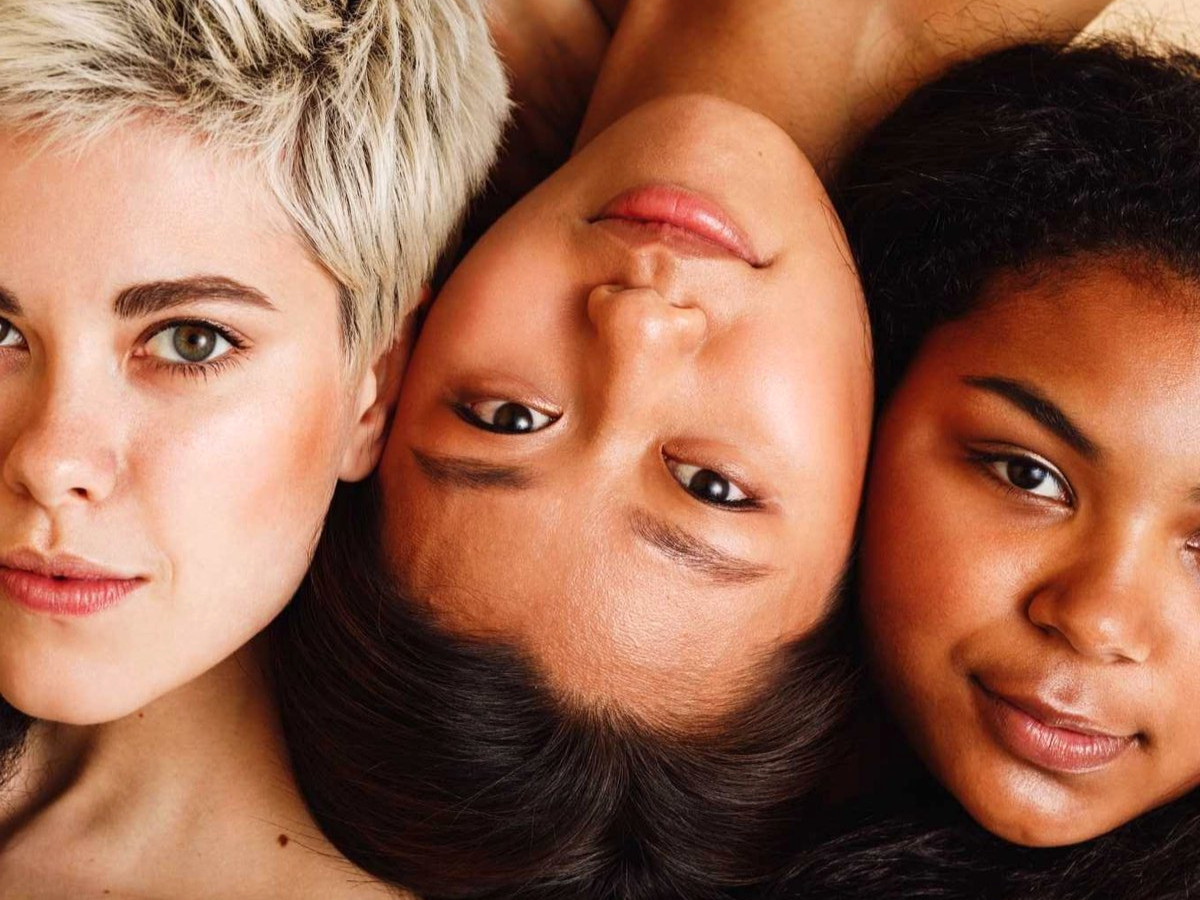Beauty startup Yuty has recently secured £500k in pre-seed funding, as only the tenth Black woman-led company in the UK to receive VC backing. With £517m being invested in Europe’s beauty sector in 2021, the company is one of the leading few embracing technology to improve user experience.
Launched in 2020, Yuty makes use of deep learning, machine learning, and computer vision which were trained on a large dataset of diverse phototypes, including those with skin conditions in order to recommend suitable products to consumers.
The accuracy of this technology is also hoped to lower the margin of error involved in buying makeup products, which they hope will create a more sustainable purchase and production of goods.
Beauty and technology
The pandemic has increased the importance of the company – with brick and mortar shops unable to open due to international lockdowns, AI has become integral in determining cosmetic shade-matching. As life has shifted to the digital world, new solutions have arisen to make buying experiences as optimised as possible, whilst remaining accessible on mobiles and desktops.
As websites become the new storefront, virtual try-ons and walkthroughs have become the norm, and companies are looking for new ways to make the shopping experience more user-friendly and entertaining. NYC company Beautyque launched a virtual shop, wherein users can ‘walk’ throughout the digital realm and click on products on shelves to browse and purchase.
The use of AI in particular has rapidly increased throughout the beauty industry, with Boots launching a Digital Beauty Advisor similar to Yuty’s, Google visualising cosmetic shades from makeup companies such as L’Oreal, Charlotte Tilbury, and MAC, as well as YSL Beauty’s custom lipstick shade creator, Rouge Sur Mesure.
However, these technologies tend to be biased towards lighter skin tones, often blinded to darker ones. Commercial facial detection software from major tech companies Microsoft and IBM correctly identified the gender of a white woman 95% of the time, but was 10 times more likely to show error messages when an image of a black woman was shown. This same technology was proved to be near perfect at identifying images of white men. These errors have most likely occurred due to a lack of inclusion of people of colour in data training sets.
This is one of the reasons why founder Simi Lindgren decided to start Yuty. She said:
‘I’m Black, living in a diverse household from a diverse family, so it was important that Yuty was also diverse so that we can match you to products in a meaningful and sustainable way’.
As Lindgren realised that ‘there was hardly any data on melanin-rich skin-types’ to supply algorithm training sets prior to Yuty’s creation, she took to crowdsourcing to develop more inclusive beauty technology.
Another benefit of AI for product matching is the added level of detail, which may not be as easily detected by sales assistants. Detection of skin conditions that one may usually have needed to go to a dermatologist for may be detected and treated with the help of the algorithm, at a much lower cost and from home.
Sustainability and consumer consciousness
Sustainability is the key factor that drives Yuty. With the brands they offer being ethically sourced, cruelty-free, sustainably packaged, and created with clean and vegan products, the company’s values undoubtedly align with the goods they offer. Selling skincare, haircare, and cosmetics, their website is a one-stop-shop for many consumers looking for ethical brands. Lindgren explained:
‘We’ve received feedback with regards to curating brands which ethically source their ingredients, give back and champion social causes… We have brands that use recycled ingredients and brands whose products can be recycled for multiple uses from refilling to storage. Leveraging our sustainable AI to make personalised recommendations enables that frictionless shopping experience.’
Yuty has specifically targeted a customer base that is concerned with environmentalism and ‘seek products that not only work for them but also those that align with their values and help them to reduce their environmental impact’.
This has become a massive success as, since its 2020 launch, Yuty has experienced a 300% month-on-month revenue increase.
This number is only set to increase, as environmentalism is Generation Z’s number one concern. Toppling every other generation, 73% of Gen Z consumers surveyed were willing to pay more for sustainable products, with 54% responding that they would pay more than a 10% price increase for such a product.
There is a growing majority of consumers that are willing to get behind green companies, taking a stand against climate change-inducing practices. Knowing that harnessing technology to increase inclusivity and sustainability is possible, larger companies should make more of an effort to integrate it into their current practices. Although for the time being, it seems that startups such as Yuty are leading the pack in the beauty tech industry.
About the Author: Shadine Taufik
Shadine Taufik is a contributing Features writer with expertise in digital sociology and culture, philosophy of technology, and computational creativity.
Recommended for you

Antidepressant Prescribing at Six-Year High
More people are taking antidepressants than ever. Is this a dark sign of the times or an indication that mental health stigma is changing?

Can AI be Used to Determine Cancer Recurrence?
When cancer patients go into remission, they often worry about it coming back. AI can now help identify those at risk of cancer recurrence.

Pegasus – Still a Threat to the UK?
The notorious Pegasus spyware has been misused to exploit vulnerabilities in devices, even those kept within the walls of Number 10.
Trending

Drug Decriminalisation: Could the UK Follow Portugal?
Portugal’s drug decriminalisation has reduced drug deaths and made people feel safe seeking support. Would the UK ever follow suit?

Calling All Unvaccinated UK Adults
With Covid cases rising, the NHS is urging the 3 million UK adults who remain unvaccinated to come forward.




